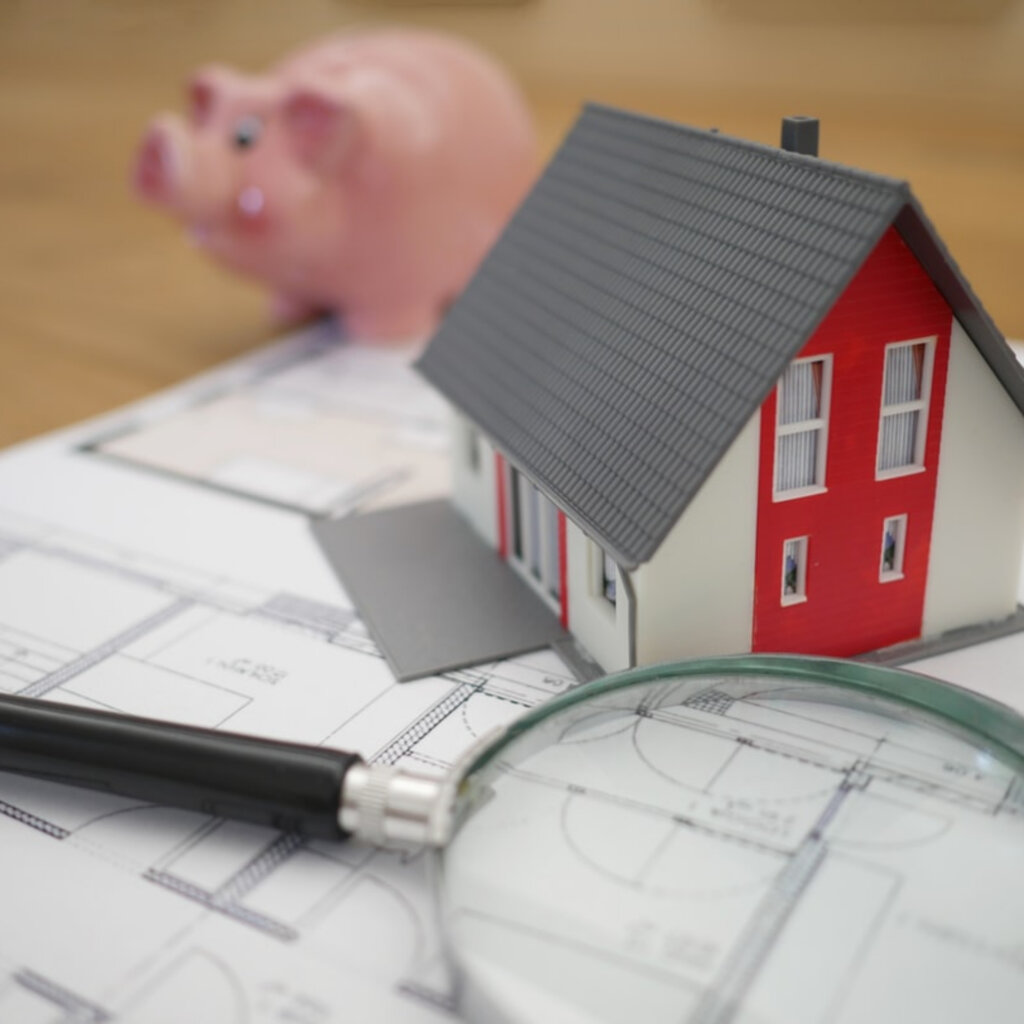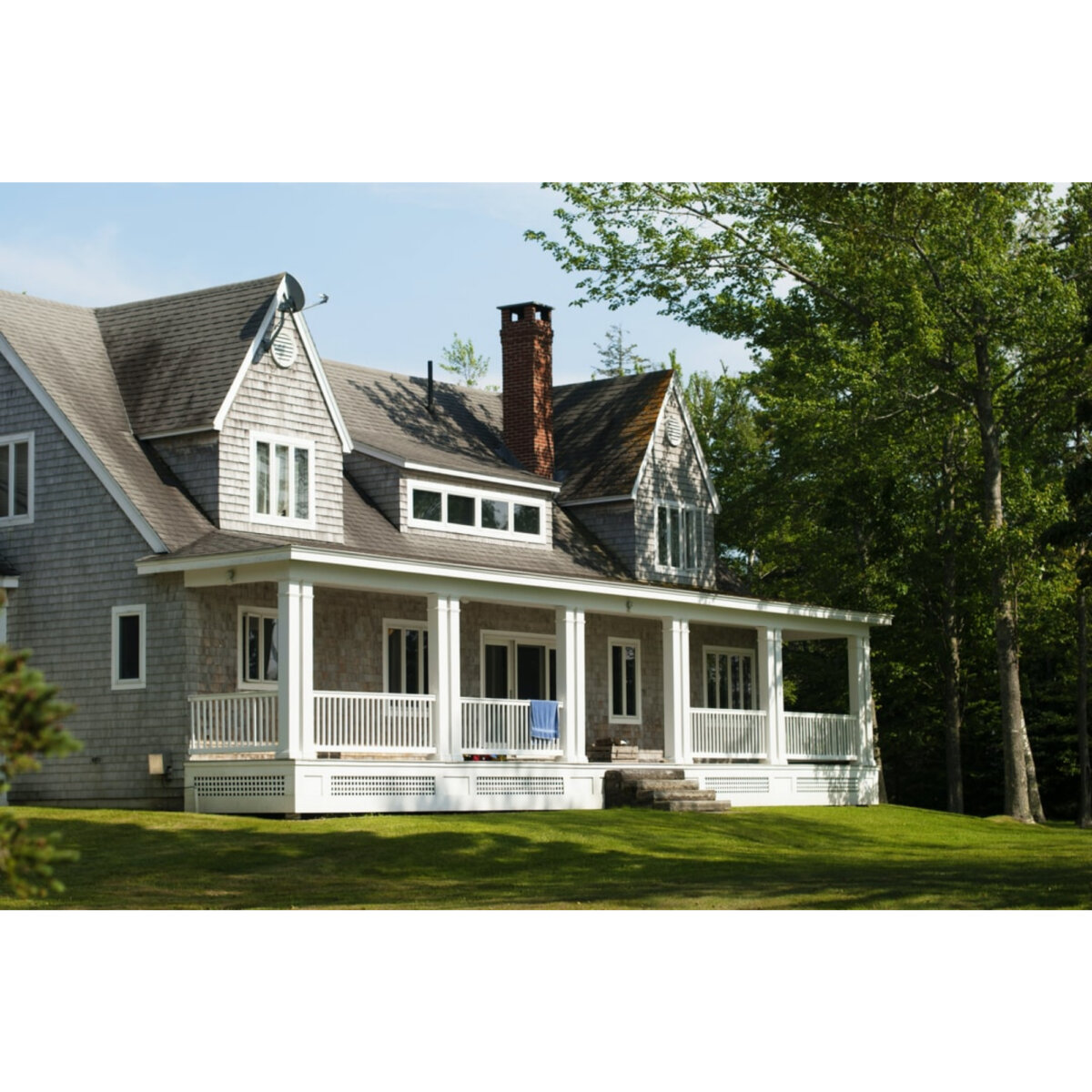Investing in real estate is one of the oldest means of building and storing wealth. However, it is only just recently that “flipping” of houses – buying at a low price, renovating, and selling at a higher price – became popular. For many, house flipping has become a full-time career, and their primary source of income. So, are you interested in learning what it takes to become a successful house flipper? Read on to learn more about this fun and exciting way to invest in real estate.

Research Local Regulations And Legal Requirements
The first thing you’ll want to do is start researching the local regulations and requirements for house flippers. You can either go online and read through the laws or call up an experienced real estate agent and ask them. Either way, you need to know the rules of the game you’re about to enter.
Gathering The Resources You’ll Need
Next, you’ll want to gather your resources – both financial and human. You will, of course, need to have some cash set aside for a down payment, or for buying houses outright. At a minimum, you will also need a real estate agent, a mortgage professional, and a real estate attorney. You may also need contractors to help you with renovations unless you have the skills and experience necessary for this.
How To Assess Potential Investment Properties
Successful house flippers develop an eye for undervalued properties. Your goal is to find a home that is listed low but has a lot of room for improvement. The fundamentals of the property – its location, the size of the land, the home’s foundation, etc. – should be good. You will also want to get good at sourcing out homeowners that are willing to sell but haven’t listed their home yet. If you can secure a private sale, you’re going to save money and avoid having to bid against other flippers.
Making Your First Flip
You’ve built your team, learned the rules, and have started to hunt for listings. Now, you need to decide and make your move. As foreclosure rates have trended down recently, it can be hard to find the perfect opportunity. However, as this is your first flip, your goals should be centered on learning the flipping process without losing any money. Keep an open mind and don’t worry about trying to score big. Instead, buy the right home, renovate to add value, and relist quickly so you can move on.

